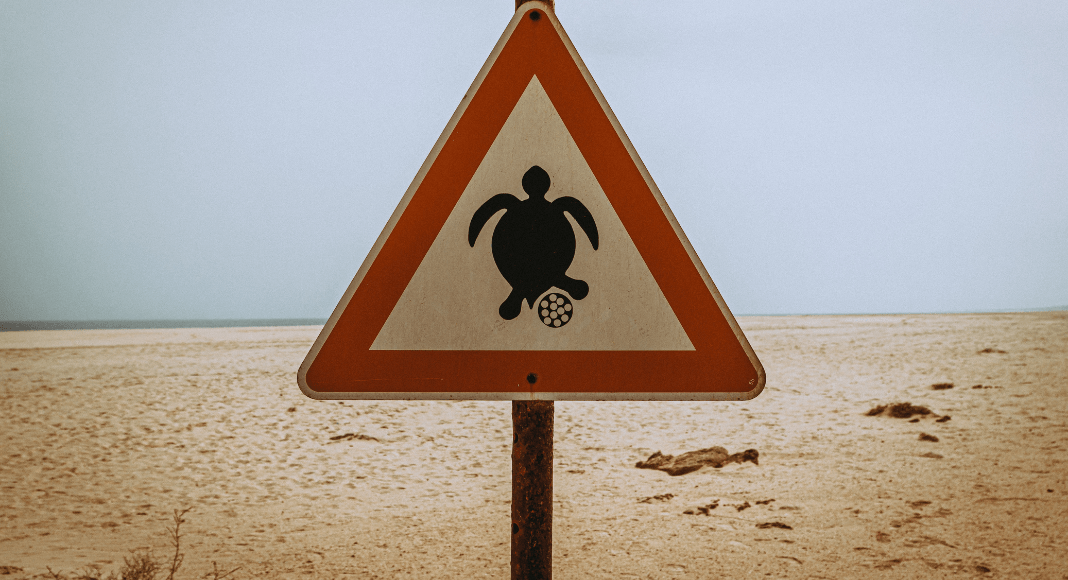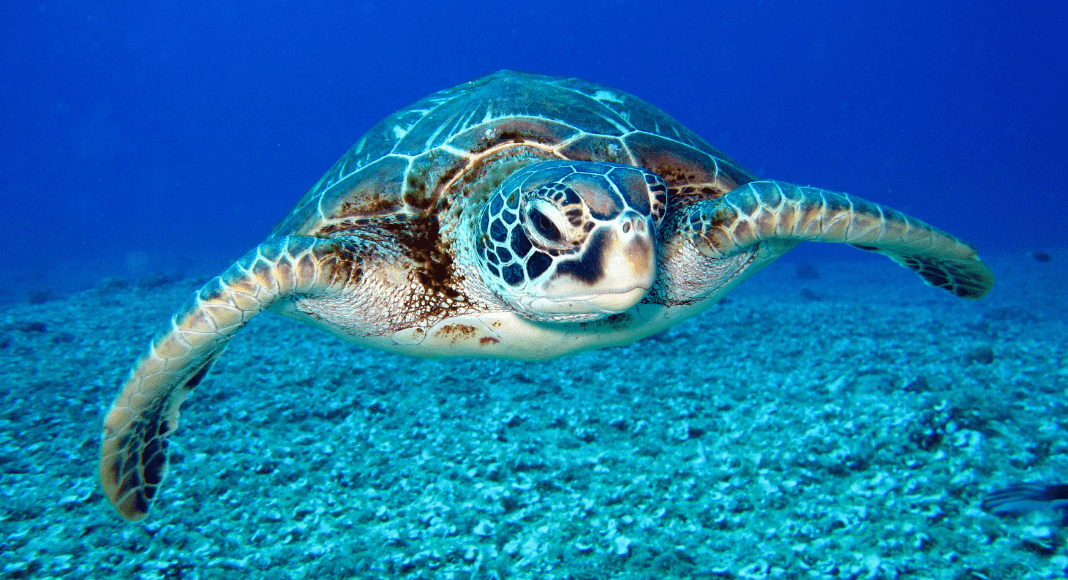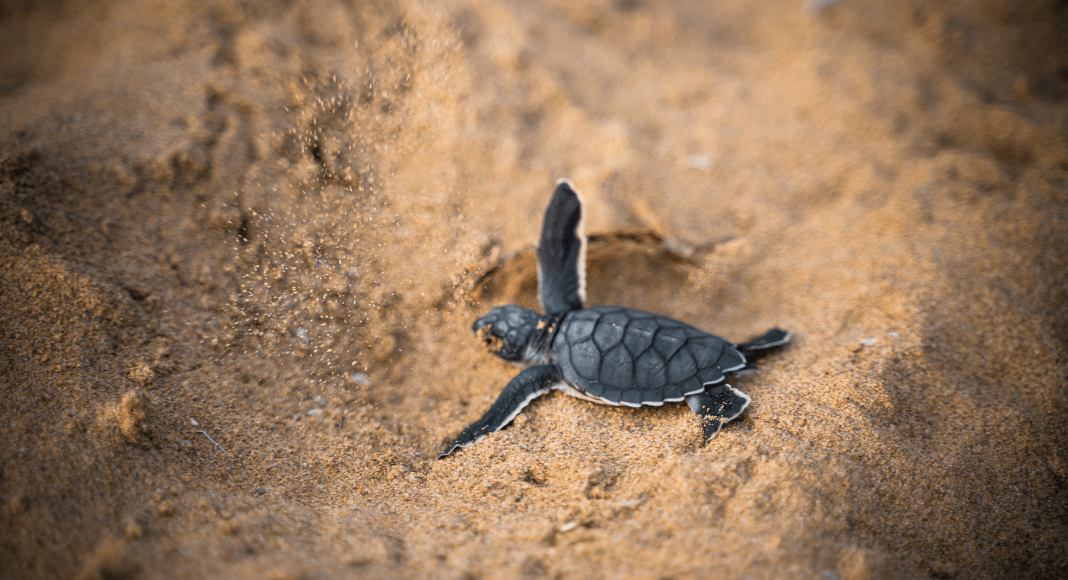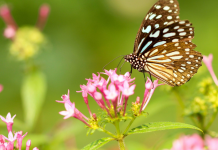Surrounded by an ample number of beaches throughout Charleston, our turtle friends are no strangers to our coastlines and the important role they play in our ecosystems. So much so, that did you know South Carolina honors the Loggerhead Sea Turtle as its state reptile?
Our real-life heroes in a half-shell are celebrated annually on May 23rd during International World Turtle Day, founded by the American Tortoise Rescue (ATR) group back in 2000. This day brings awareness and conservation to our scaly friends through knowledge, protection efforts, and ecological concerns for their well-being and habitats.
ATR was founded in 1990 by husband-and-wife team Susan Tellem and Marshall Thompson. Since its inception, the organization has worked to rescue nearly 5,000 turtles and tortoises by providing safety, shelter, and protection. This year’s Turtle Day theme is simple and to the point: “I Love Turtles.” What better way to shell out the love than sharing some fun facts, awareness around Charleston beaches, conservation efforts in the Lowcountry, and how you can help?
6 Shell-tastic Turtle Facts for World Turtle Day
- Turtles have been roaming the Earth for over 200 million years — longer than snakes, birds, and lizards.
- Turtles come in many sizes. Some are as small as four inches long, while others grow to be nearly two meters long.
- 129 of the approximately 300 species of turtle and tortoise on Earth today are either vulnerable, endangered, or critically endangered.
- Contrary to popular belief, a turtle cannot come out of its shell. The turtle’s shell grows with them, so it’s impossible for them to grow too big for it.
- Turtles have long life spans. The oldest turtle lived to be 188 years old.
- Some turtles are carnivores (meat eaters), others are herbivores (plant eaters) and some are omnivores (a mixture of the two).
Protecting Sea Turtle Nests
Mother turtles dig their nests on the beach using moonlight and can be easily disoriented by bright lights. Newly hatched turtles depend on the moonlight reflecting on the ocean waves to guide them safely to the water.
Most beaches have city ordinances and laws around the conservation of sea turtles by promoting lights out during certain times around nesting season, use of special types of light, and strict guidelines pertaining to nests and the protection of turtle eggs. The “Lights Out” initiative in South Carolina is from May 1st – October 31st, as it marks the sea turtle nesting season in and around our beaches.

Loggerhead turtles commonly nest on the beaches in South Carolina, although occasionally, a Green turtle or Leatherback will also appear onshore. Loggerheads can take up to 30 years to reach reproductive maturity before they begin to nest. Historically, the Isle of Palms and Sullivan’s Island usually have a combined total of 30-60 nests in a season, with some nests containing upwards of 100-120 ping-pong-shaped eggs. Eggs usually hatch after 45-65 days; often, only 1 out of 1,000 hatchlings will survive to maturity.
Through SCDNR and local turtle conservation groups (SCUTE), injured, sick, or stranded turtles usually make their way to the South Carolina Aquarium, located in downtown Charleston. Both a hospital and a guest experience, the Sea Turtle Care Center makes the real-life rehabilitation of sick and injured sea turtles visible to every guest who visits the Aquarium. The center cares for patients with various ailments, with aims to rescue, rehabilitate, and release them.
How Can You Help?
Awareness and conservation of our turtles can begin today with World Turtle Day and continue through local resources and efforts throughout SC with a variety of opportunities available. It is important that we as humans do our part to preserve our creatures and planet, instilling a love for wildlife and our environment for future generations.
Awareness
Adoption
Donate
Volunteer
- South Carolina Aquarium
- Hunting Island Turtle Conservation Volunteer
- Edisto Beach Sea Turtles
- Island Turtle Team
Download the South Carolina Aquarium Citizen Science app to track your conservation – available in the App Store and on Google Play.















